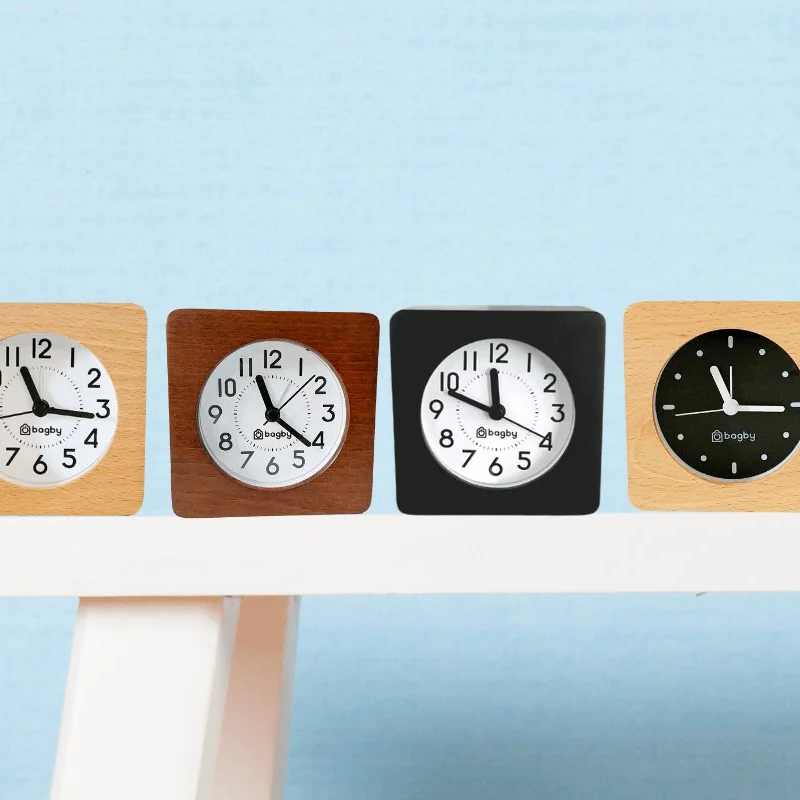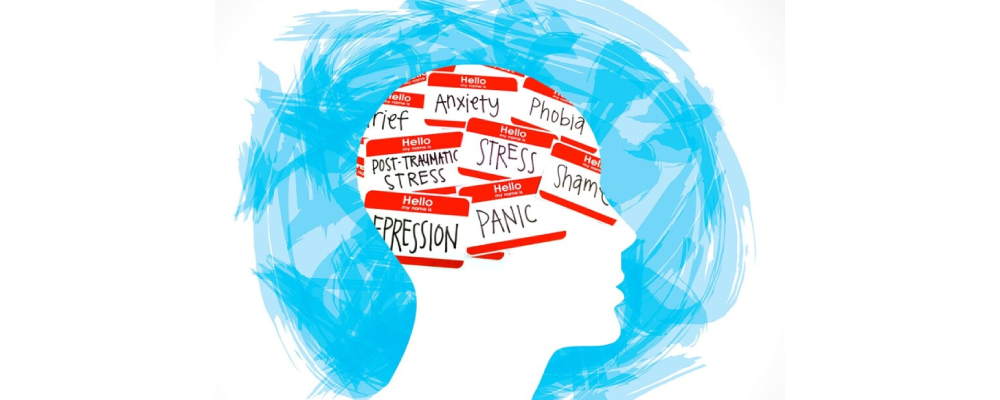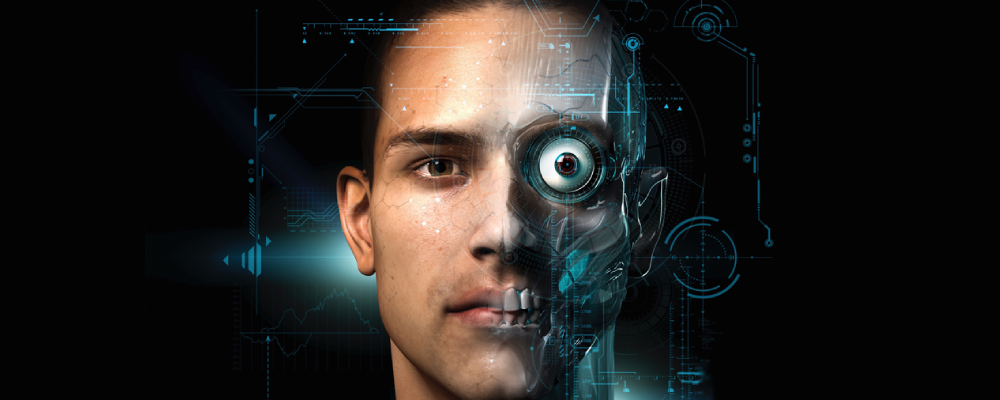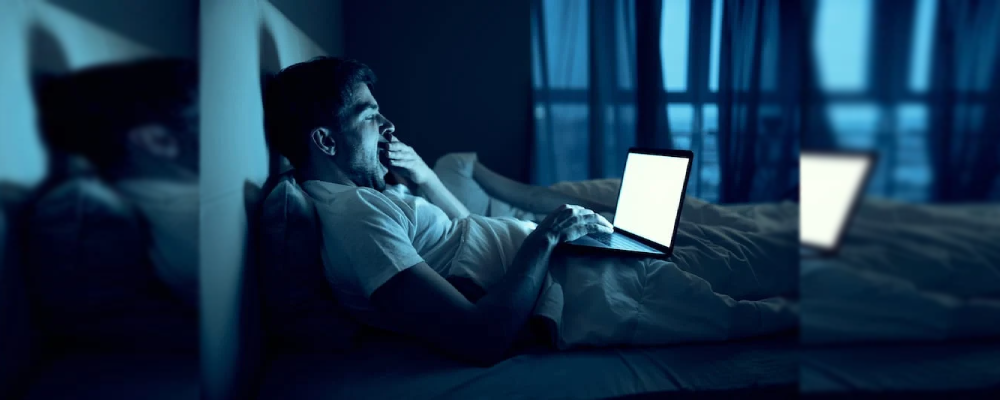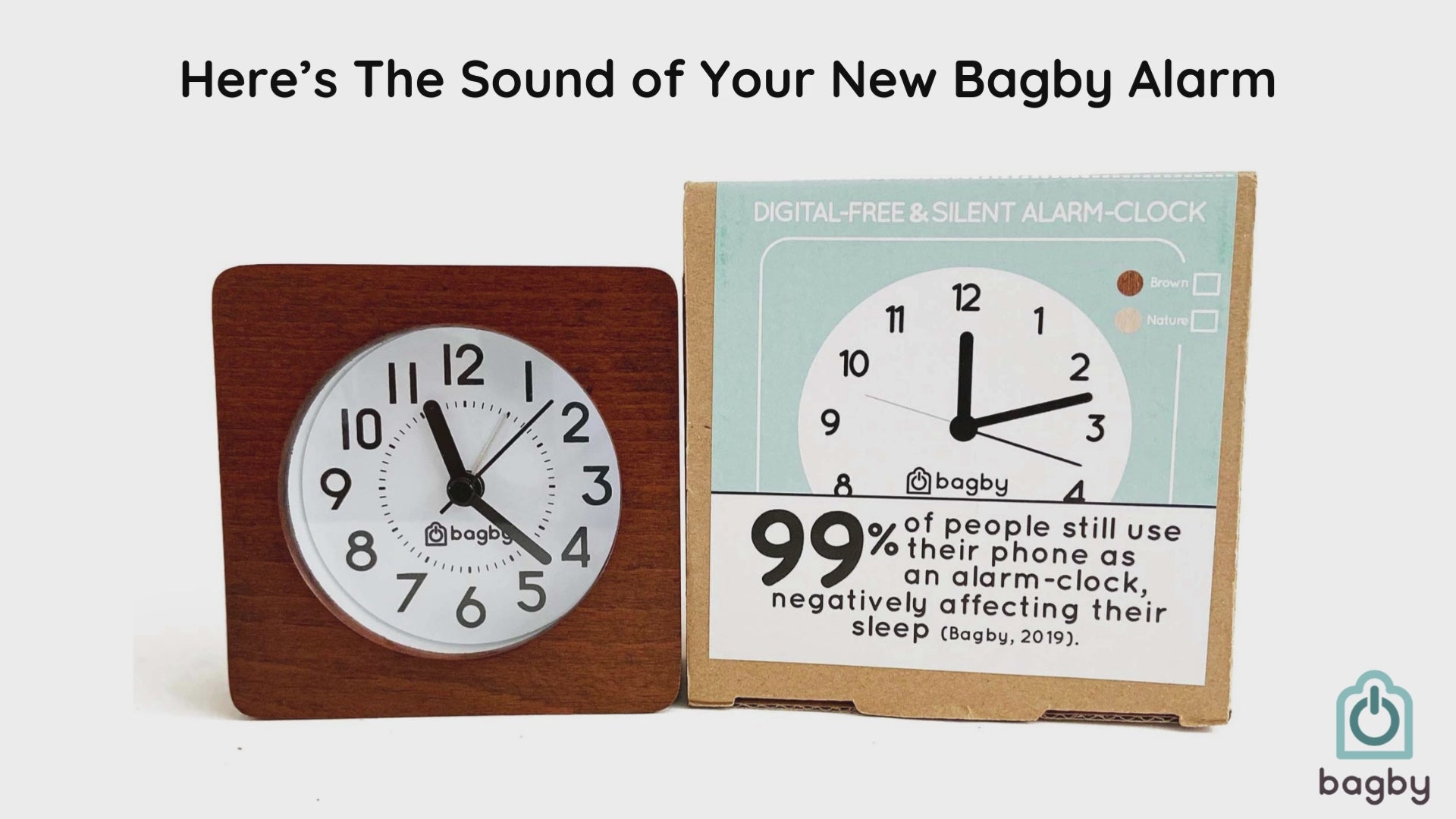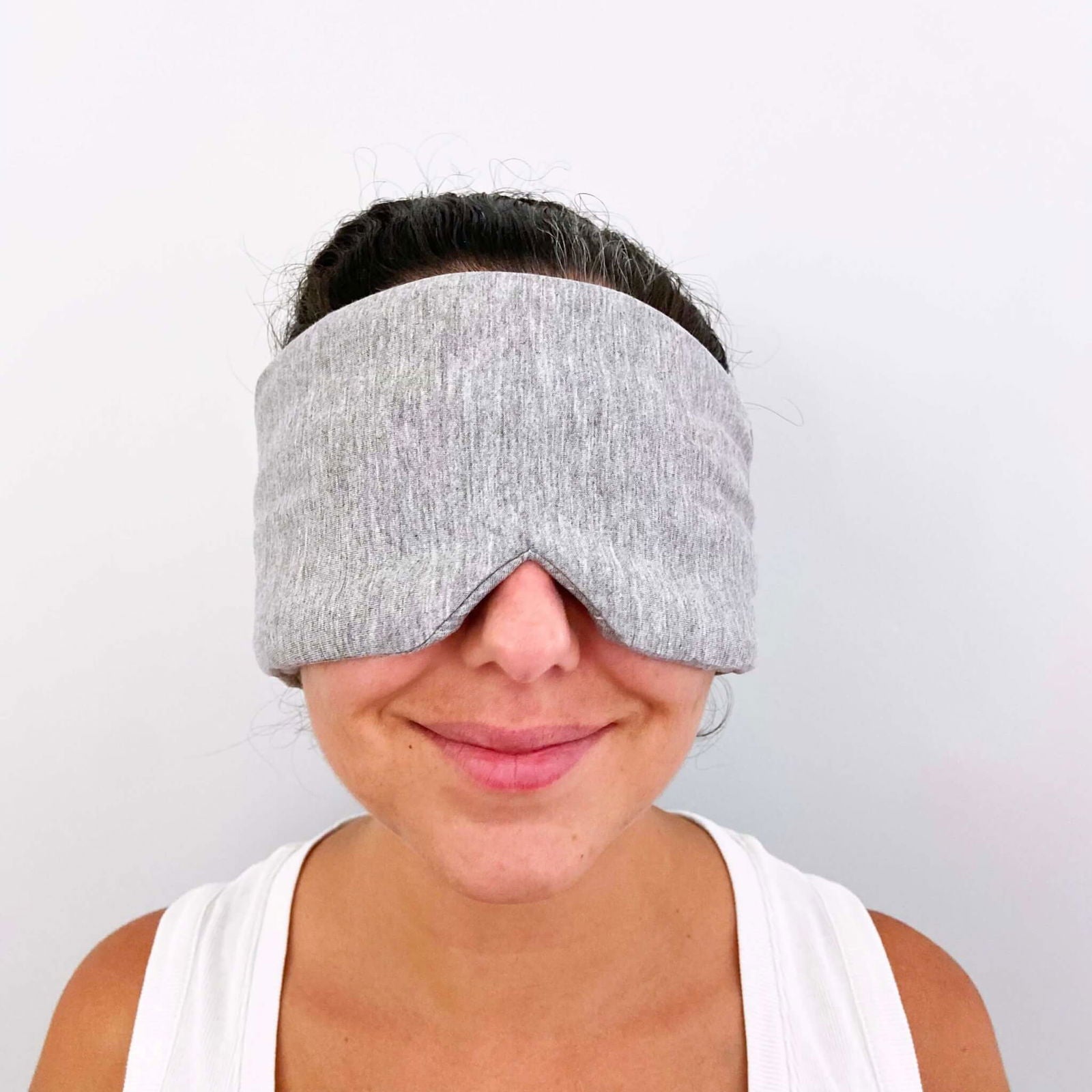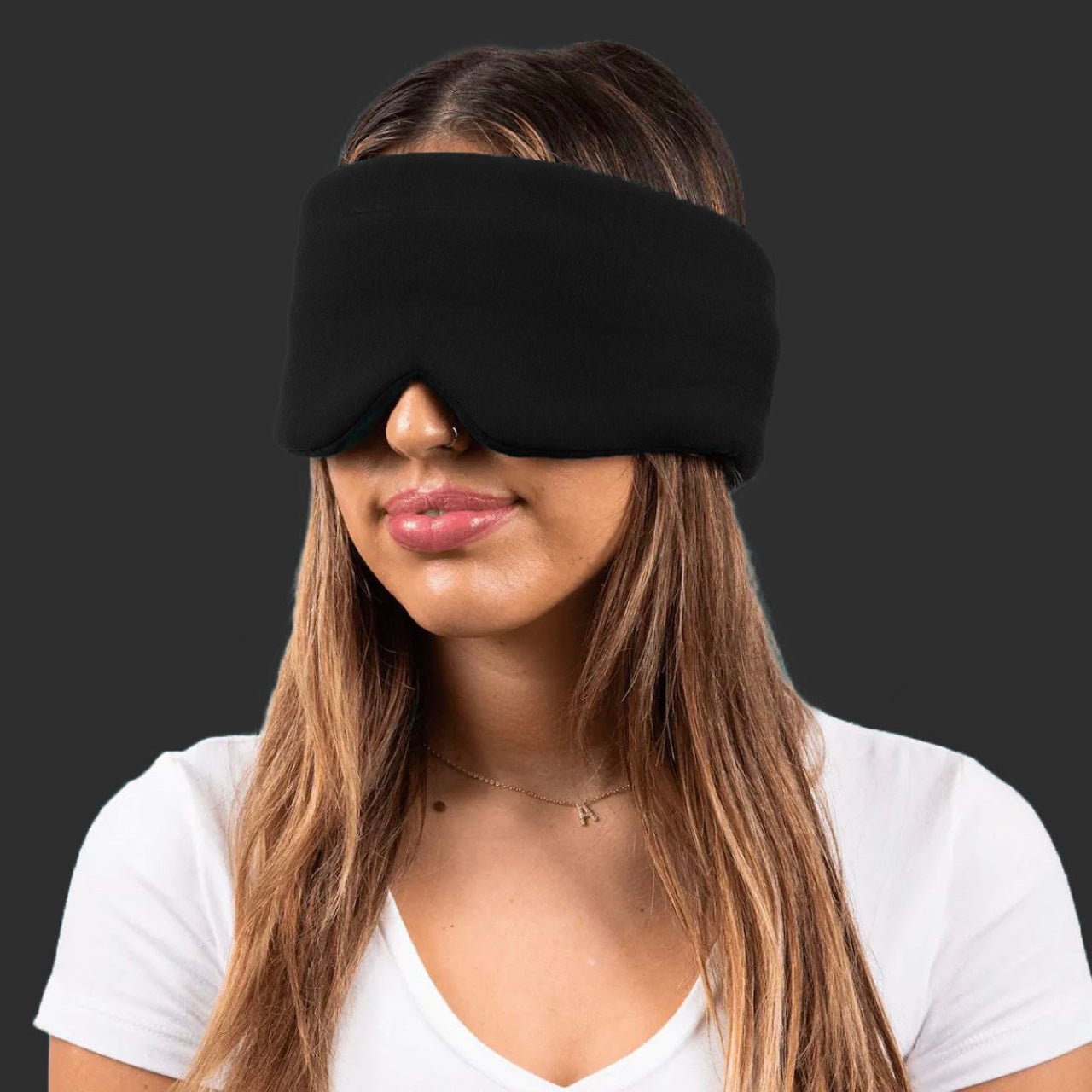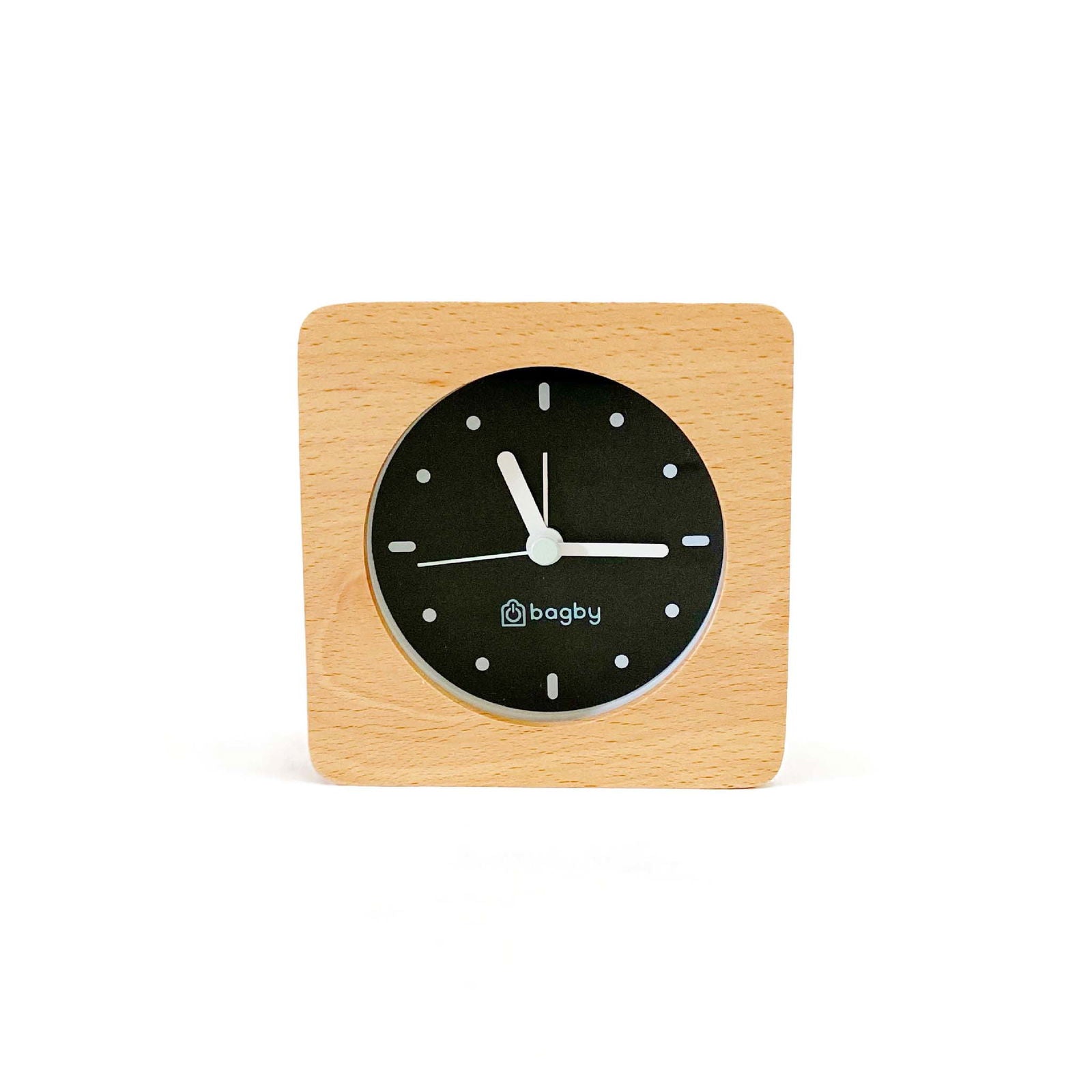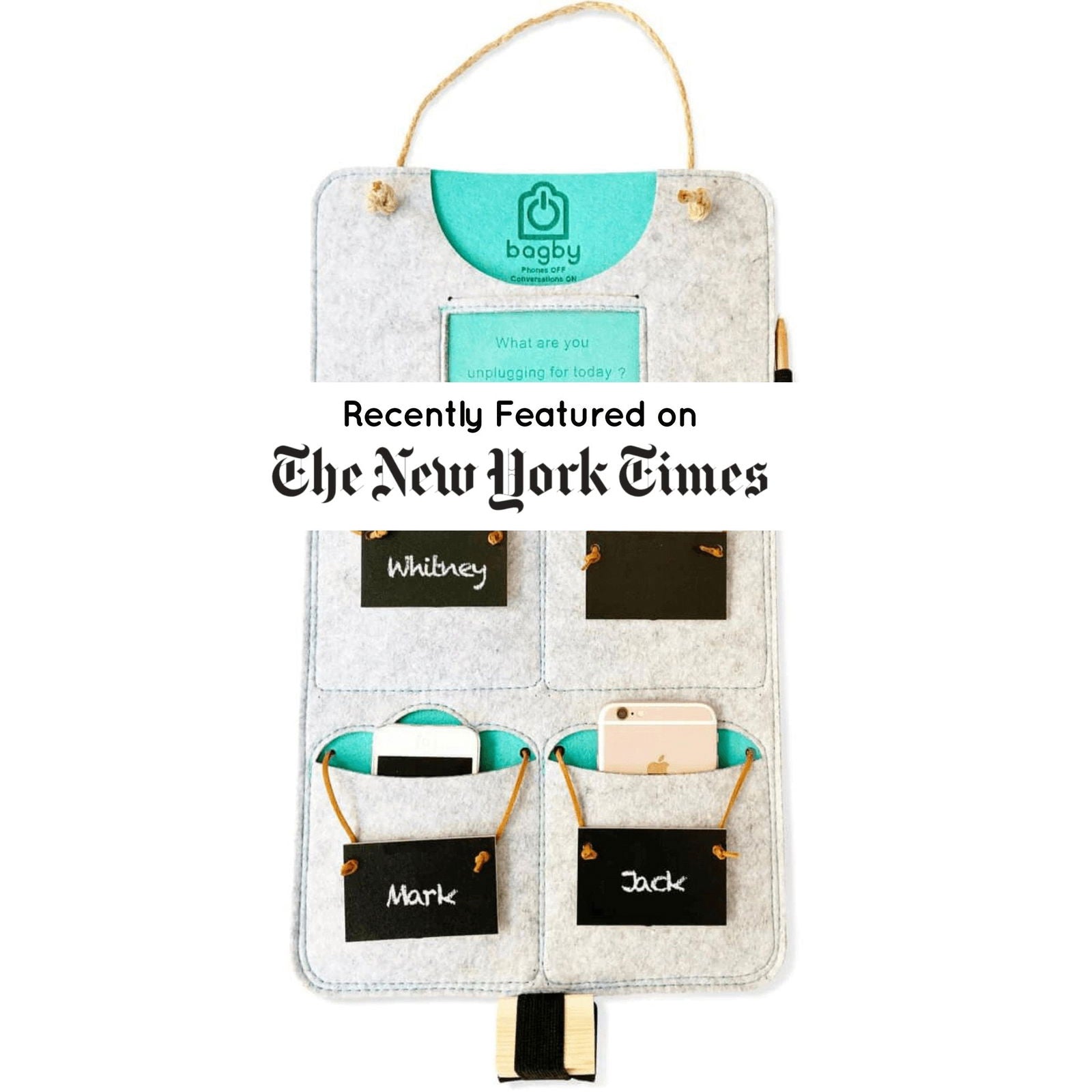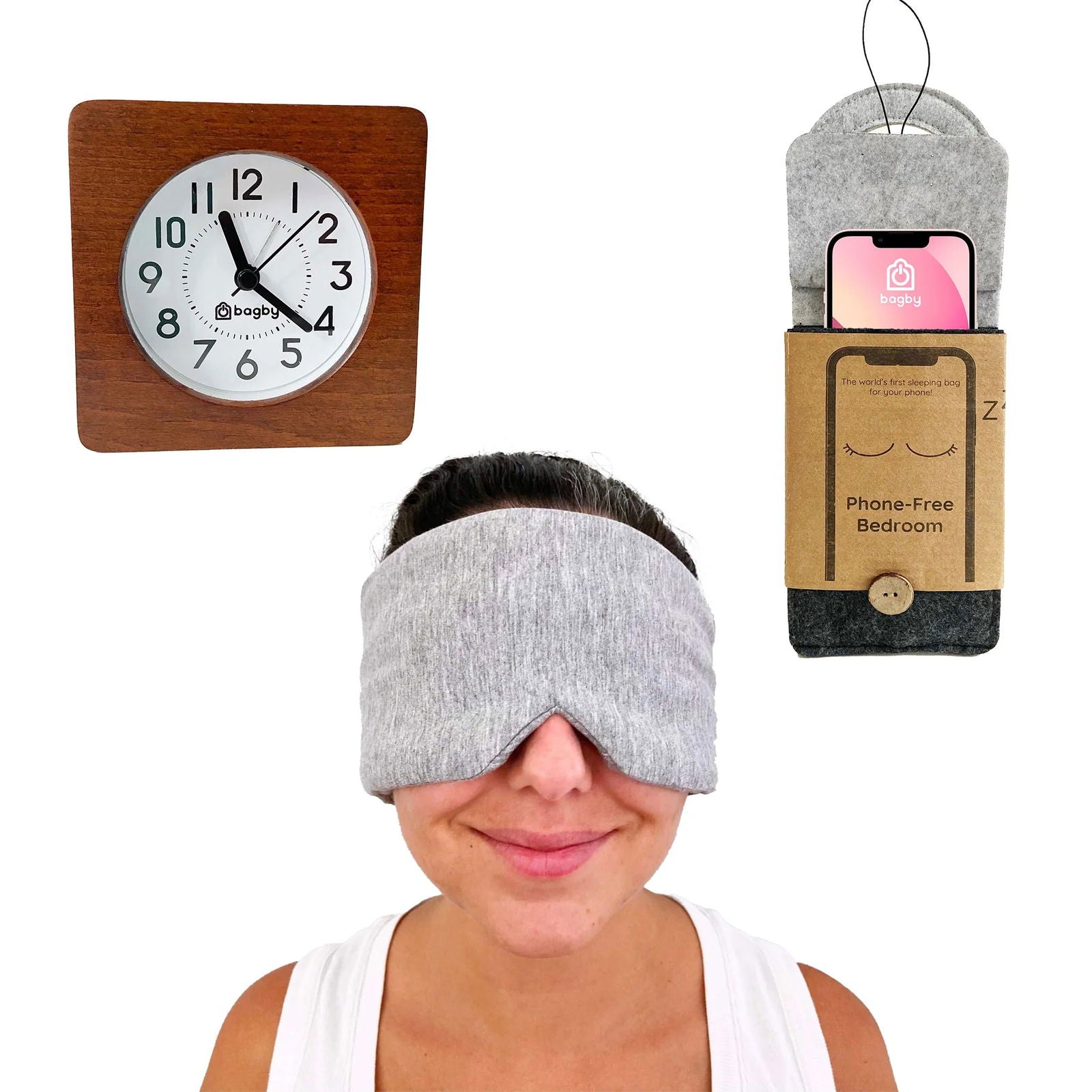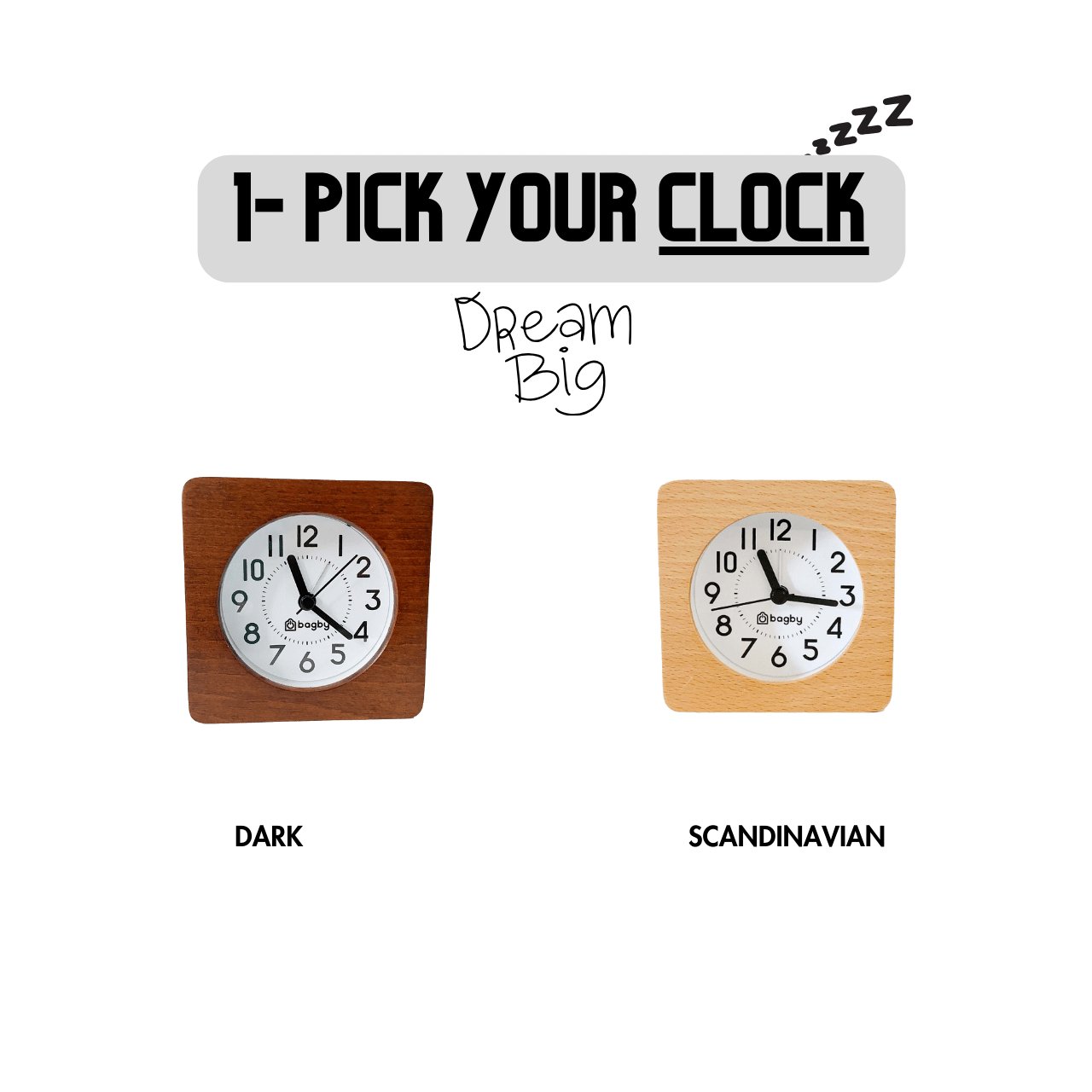A number of research studies have found links between prolonged technology use and deteriorating mental health in the general population.
Although modern technology was built to make our lives easier, its purpose has changed. Technology that once could merely help you with your physical needs now has the power to influence your mind, emotions, and psyche.
And this is excellent news—for companies that make and sell physical and virtual tech products. But can we say the same for us, the consumers? I think not. Why?
The Dark Data Age
Most of the time, you go online and do nothing but feed your private information to providers who let you use their services for free.
And when I say private information, I don’t mean sensitive information like credit cards and social security numbers that you’ll obviously keep safe.
I’m talking about the "understanding" of you as a person. Your likes, dislikes, preferences, thoughts, opinions, beliefs, and more.

This data helps companies create a consumer persona.
A consumer persona is a detailed, fictional representation of a brand’s core customers based on data and market research.
Brands generally use this marketing technique to better understand their audience and serve them with what they need.
But with the help of robust algorithms, consumer personas can also work as a manipulative tool to keep you surfing a digital product for a long time, to show you ads, and to earn money from your attention.
And this is not good for you.
Downsides of Algorithms Deciding What You Need
In theory, social media algorithms are flawless. They take the data from millions of users and create groups based on the analyzed data.
They then show these groups what they like and purchase the most.
And not only that, but these algorithms continuously learn. So, if you've recently gotten into something new, they can recognize that and fill your front page with more of what you’re into.
The only problem with the strategies used by these algorithms is that no two humans are the same. Even if they have the same taste in one area, the following thing the algorithm will show, based on its analysis, may not be as good for one of them.
Learn more about this in my post, “Do Social Media Algorithms Favor Content That Affects Your Wellbeing?”
But since the algorithm will keep feeding that person the information it thinks is best, sooner or later, it starts taking a toll on their mental health.
And that’s just one of the ways modern technology affects your mental health. There are more.
Check out the Healthier Tech Blog to learn more.
Here are some of the mental health problems associated with modern technology use, according to research studies.
Anxiety
Anxiety is a typical stress response that occurs when an individual faces or has to adjust to an uncommon situation. If you get anxious sometimes, there’s nothing to worry about. It just means you’re human.
But if it continues, the common feeling of anxiousness can turn into chronic anxiety. And that’s problematic.
Experts say that prolonged use of cell phones, especially social media, can cause one to develop chronic anxiety.
But how do cell phones cause anxiety?

“Both the content on your phone and the act of checking it frequently can trigger a stress response, which releases cortisol into the body,” says Dr. Dennis Buttimer from Piedmont Healthcare. “Too much cortisol can lead to anxiety and, eventually, chronic disease.”
See, with cell phones and social media, there’s always something new. And though this may keep you entertained, it also keeps your brain in a constant state of guessing what may come next.
Depression
Statistics say that depression diagnoses among teens have risen more than 50 percent in the last decade. And scientists blame “the precipitous rise on those evil twins, the smartphones and social media.”
Several research studies have found a significant correlation between prolonged smartphone use and depression.
“Excessive smartphone use triggers another behavior that plays into depression: sleep deprivation, which has been linked to mood disorders, suicidal ideation, and suicide attempts,” says Dr. Jeremy Schmoe.
Although researchers haven’t been able to pinpoint the exact cause of cell phone-induced depression, experts say that FOMO, exposure to the emotional anguish of cyberbullying, body image issues, and emotional contagion through social networks are some of the contributing factors.
Low Self Esteem
“While social media is sometimes touted to combat loneliness, a significant body of research suggests it may have the opposite effect,” says Sophia Auld from the Australian Christian College. “By triggering comparison with others, it can raise doubts about self-worth, potentially leading to mental health issues such as anxiety and depression.”
If you open sites like Instagram, you’ll see that being “perfect” is the primary requirement to have a following. You’ll see models with perfect physiques, people flaunting extreme wealth and perfect lifestyles, etc—and regardless of whether it’s real, unconsciously, it will bother you.
This has caused millions of people, especially children and teens with malleable brains, to fall victim to problems like self-doubt and low self-esteem.
Digital Dementia
Experts call digital dementia the modern health epidemic. Doctors say that when you spend a massive amount of time on your devices, “a sensory dissociation occurs where the back of the brain is overactive, and the front of the brain is underactive.”

Digital dementia has almost all of the signs of dementia, including:
- Inability to recall information
- Brain imbalance
- Loss of gray matter (in the brain)
- Changes in white matter (in the brain)
- Impaired emotional and social intelligence
The only difference is while dementia affects people as they age, digital dementia affects people in all age groups.
Read my post, “Digital Dementia: Consequences of Outsourcing Your Brain to Smartphones," for more information.
Disrupted Sleep Pattern
Besides the direct mental health effects, prolonged technology use is also known to cause many sleep-related problems—which, in turn, can lead to mental health problems.
There are two physical aspects to how modern technology harms your sleep—blue light and digital overstimulation.
Blue Light
All screen-based electronic gadgets emit something called blue light.
Blue light is one of the seven colors in the visible light section of the electromagnetic spectrum. And the sun is the only natural source of blue light in our environment.
Blue light is important because our circadian rhythm is based on it. Evolution has designed our brain to trigger the activity mode when we see the sun and change to rest mode when there’s a lack of sunlight.
If our blue light exposure was only from the sun, there wouldn’t be any problems. But, as I already mentioned, all our screen-based electronic gadgets also emit a massive amount of blue light. And since we don’t stop using our gadgets after sundown, the body can’t properly go into rest mode.
This results in problems like lack of REM sleep, tossing and turning, and not completing the recommended 7-9 hours of sleep.
Digital Overstimulation
When awake, your brain is active, recognizing and memorizing everything in your short-term memory. But as the evening advances, the brain slowly limits its activities and switches to background processes like transferring your short-term memory to long-term memory, detoxifying your body through the liver, and healing your body.
Using your gadgets in the evening causes the brain to stay active, trying to process whatever information is coming through.
When you finally turn off your gadgets, you’ll end up tossing and turning in bed. And when you do finally manage to doze off, the sleep quality you get won't be optimal.
Lack of Sleep & Mental Health Problems
As you may already know, lack of sleep is associated with many physical and mental health problems.
The physical risks include:
- Increased risk of blood pressure hypertension
- Diabetes
- Obesity
- Cardiovascular problems
And the mental risks include:
- Increased stress
- Anger
- Anxiety
- Depression
- And worsened symptoms of mental health conditions
What Can You Do?
There’s no lack of evidence demonstrating how excessive technology use causes you to develop severe mental health problems, and if you’re already suffering from them, they may worsen.
But this doesn’t mean you’re helpless. There are things you can do to live alongside technology without being subjected to the mental health risks that tag along. Have a look.
Remove Negative Content on Social Media
From toxic content and cyberbullying to dystopian news and unrealistic body standards, social media is one of the biggest promoters of things that are detrimental to mental health.
But the good thing is, you don’t have to witness this side of social media if you don’t want to. All you need to do is make some changes in the way you use your social accounts. And soon, your feed will be virtually free of negative content.

As I already mentioned, social media algorithms show what you view the most. It doesn’t matter what your reaction is to the content. For the algorithm, if you’re engaging with it, you must like it.
So, starting today, remove posts that create a negative feeling. As you keep removing, the algorithm will adjust itself to show you anything but the type of content you’re removing.
Second, start unfollowing and blocking accounts that publish content that makes you feel bad.
And finally, never engage with toxic content on the internet (not even to “show them”).
Read my post, “You Versus the Ever-Growing Toxic Content on The Internet,” for more information.
Limit Your Screen Use
We often talk about limiting screen time for kids. But turns out it’s equally important for adults. The less you use your gadgets, the lower your chances of encountering problematic content.
And besides that, limiting your screen time will give you a lot of wiggle room in your day. You can use this to connect with your loved ones, take up hobbies, work on yourself, and explore nature—you know, the things that actually matter.
Read my post, “Screen Time Limits for Adults: How Limiting Your Screen Time Helps You Physically & Mentally,” for more information.
Embrace JOMO
JOMO, or the joy of missing out, is a concept that some experts say can help you alleviate your FOMO.
FOMO, or fear of missing out, is a kind of anxiety that sprouts from the feeling of being left out. And social media is the biggest promoter of FOMO.
Learn more about FOMO in my post, “FOMO: How to Lessen Fear of Missing Out That Deteriorates Your Wellbeing.”
FOMO blinds us so much that we fail to see the good things going on in our lives. And soon, it takes over your thoughts, actions, and feelings—putting you at risk of problems like low self-esteem, chronic anxiety, and depression.

Experts call JOMO the antidote to FOMO.
JOMO is all about being content with where you are in your life. It simply asks you to stop comparing yourself with others and blaming yourself for being the way you are.
While FOMO makes you rush out to be a part of the fleeting moment, JOMO simply allows you to:
- Slow down
- Appreciate human connections
- Be intentional with your time
- And say “no” to whatever’s affecting you (in this case, the things you see on social media).
Learn more about JOMO in my post, “JOMO: It’s Time to Embrace the Joy of Missing Out.”
Disable Notifications
Notifications may seem insignificant, but they’re a massive part of the problem.
When you receive a notification, it tells your brain something needs your attention. The brain’s alert state only goes down when you’ve checked your notification and acted on it.
But the problem with this is we don’t receive one or two daily notifications. Statistics say that an average American smartphone user receives an average of 46 notifications every day. This is enough to keep your brain in a constant state of stress and anticipation.
Experts say, “The alerts from phones or even the anticipation of them, shuts off the prefrontal cortex that regulates higher-level cognitive functions, and instead, forces the brain to send emergency signals to the body.” This means that every time you get a notification, your body gets a rush, but not necessarily a good one.”
So, turn off notifications from unessential apps.
Both Android and iPhone provide settings that let you turn off notifications in bulk. Just search online for “How to turn off notifications in bulk in
Use Mental Health Apps
If you choose to submit yourself to your cell phone or any other gadget, no doubt it will start adversely affecting your physical, mental, psychological, and emotional health.
The way you use your technology heavily influences how it impacts your life. This is why I tell my customers to treat their tech products as tools.
Because when you do that, the control of how your tech influences your life comes back into your hands.
One example of taking that control back is using mental health apps.
Your same cell phone that was causing mental deterioration you can use to rejuvenate your mental health.
“Mobile apps have significant potential to deliver high-efficacy mental health interventions. Given the global shortage of psychiatrists and the lack of mental health care access in rural regions, apps have emerged as a viable tool to bridge the mental health treatment gap,” says a research study from Harvard University. “Technology is well-poised to transform how mental health treatment is delivered and accessed, but this transformation requires the combined mobilization of science, regulation, and design.”
Read my post, “Do Mental Health Apps Work?” to learn more about the effectiveness of mental health apps and six of the best mental health apps on the market today.
Final Thoughts
Mental health problems are a mere part of what modern technology can do to a person. Experts say prolonged technology use can affect you physically, mentally, emotionally, and psychologically.
But also, without technology, the life we have today wouldn’t be possible at all.
So, it’s certainly a dilemma, but fortunately, one with a solution. And that solution is to create a balance between technology and real life.
And how do you do that?
Well, let the experts tell you.
On The Healthier Tech Podcast, we have fascinating conversations with guests from all different fields, where they give us their take on how to live a healthier life alongside technology. It's available on all major platforms. So, give it a listen.


